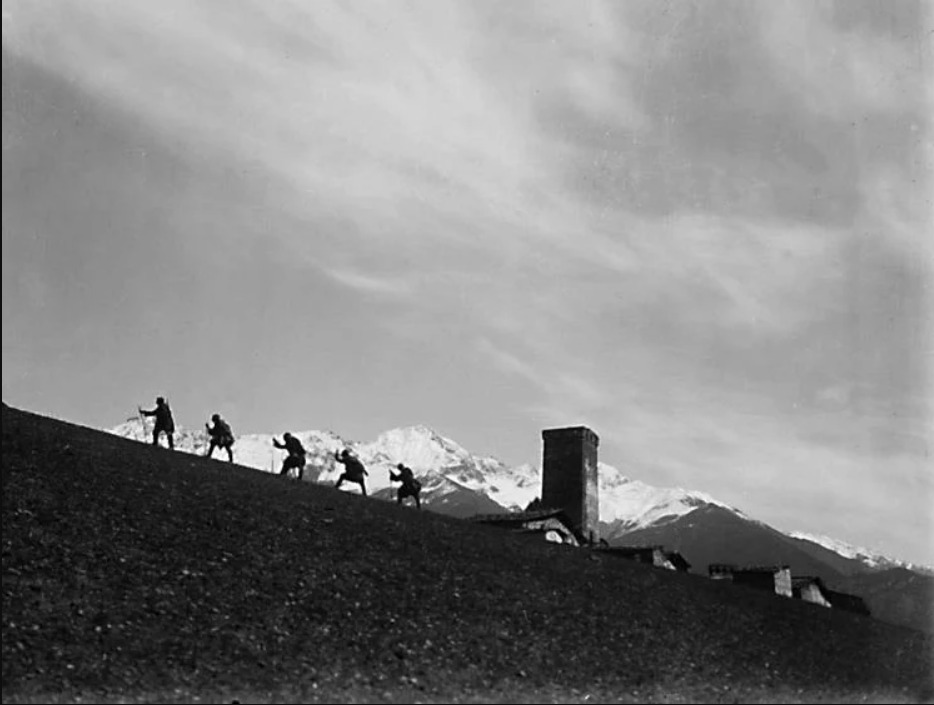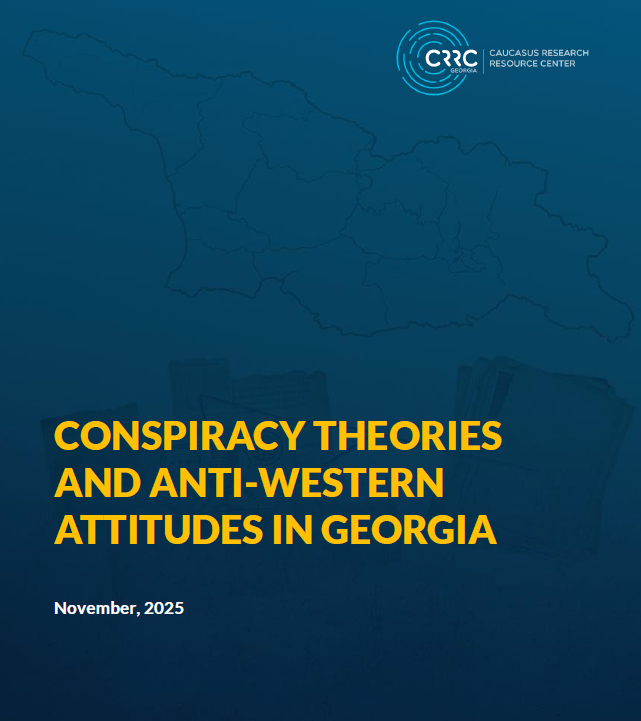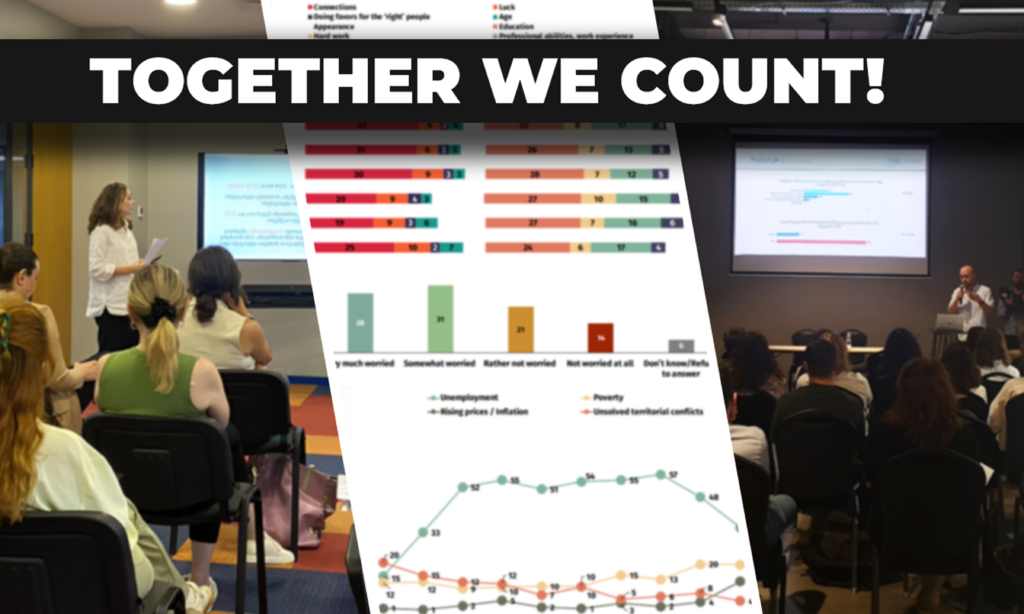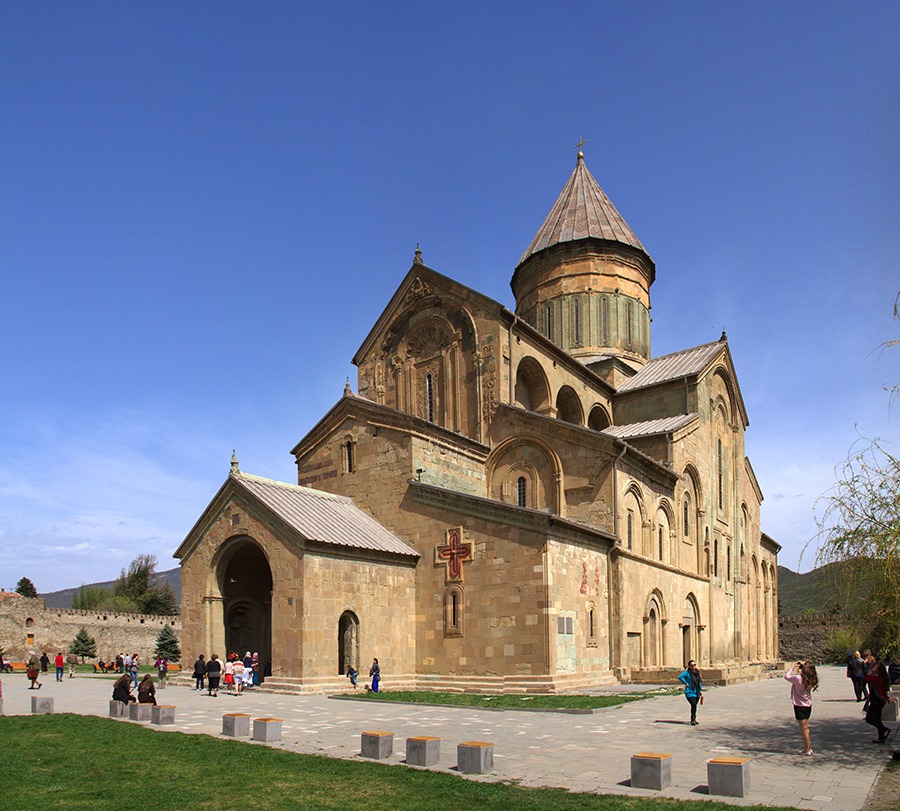CRRC, ARISC and American Councils are pleased to announce the 1st talk of the Spring 2024 Tbilisi Works-in-Progress series!
“’Backward and Deficient’: Exploring Historical Imaginations of Svaneti”
Otar Gulbani, Central European University
Russian imperial expansion southwards to the Caucasus was a bloody and lengthy process that was conditioned by, on the one hand, inaccessible mountainous terrain and, on the other, the ‘savage’ nature of the local highlanders. Military campaigns were corroborated by discourses that would help re-create the identities of Caucasian denizens according to imperial visions. Svaneti, a remote mountainous region of Georgia, became a subject of Russian orientalism that aimed to legitimize the imperial presence by producing and emphasizing differences along biological lines between the Svans and the empire. “Mr. Olderogge testifies that cretinism currently prevails among the younger generation, and that, consequently, the degeneration of the Svan tribe is rapidly advancing” said the visiting florist Akinfiev about the local population. Ultimately, goiter and iodine deficiency syndrome (previously referred to as cretinism) for the empire became a marker of Svan backwardness. Some years after the Russian empire collapsed, the Bolsheviks inherited a ‘sick’ population. However, the good physical health of the population, according to Lenin, was a key to building the envisioned socialist project. In the same spirit, according to a decree of the People’s Commissariat of Health of the Georgian Socialist Republic, the problem of goiter was identified as a ‘social catastrophe’ worthy of a ‘decisive challenge’ and a medical-research group was formed. The first expedition was sent to Svaneti in 1925. Drawing on primary sources from the Tbilisi and Mestia archives, this presentation will attempt to trace (dis)continuities from orientalist imagery of Svaneti in the Tsarist empire to the Soviet Union’s health administration, approaching the latter point by analyzing a systematic series of publications on Soviet endocrinology. An argument will be made about the ideological differences between the two regimes and precisely how that reveals itself when engaging with the ‘biological’ in the population.
Otar Gulbani is a second-year sociology and social anthropology MA student at Central European University in Vienna. He completed his BA in Governance and Social Sciences at Free University of Tbilisi in 2022. His BA thesis, titled “Russian Imperial Orientalism in Svaneti” explored imperial imageries of remote Svaneti in late 19th and early 20th centuries. Building on previous findings, he is currently conducting research in Tbilisi and Mestia archives, which aims at revealing dis(continuities) from Russian empire to the USSR by taking a closer look at public health administration in Svaneti”.
********
Works-in-Progress is an ongoing academic discussion series based in Tbilisi, Georgia, that takes place office of CRRC at Liziko Kavtaradze St. 1 and online. It is co-organized by the Caucasus Research Resource Centers (CRRC), the American Councils for International Education: ACTR/ACCELS, and the American Research Institute of the South Caucasus (ARISC). All of the talks are free and open to the public.
In observation of the spirit of the Chatham House Rule, the talks will not be recorded, and we courteously request that the other participants refrain from recording and/or distributing recordings as well. The opinions expressed in WiP talks are those of the speakers alone, and do not necessarily reflect the views of CRRC, ARISC or of American Councils.










